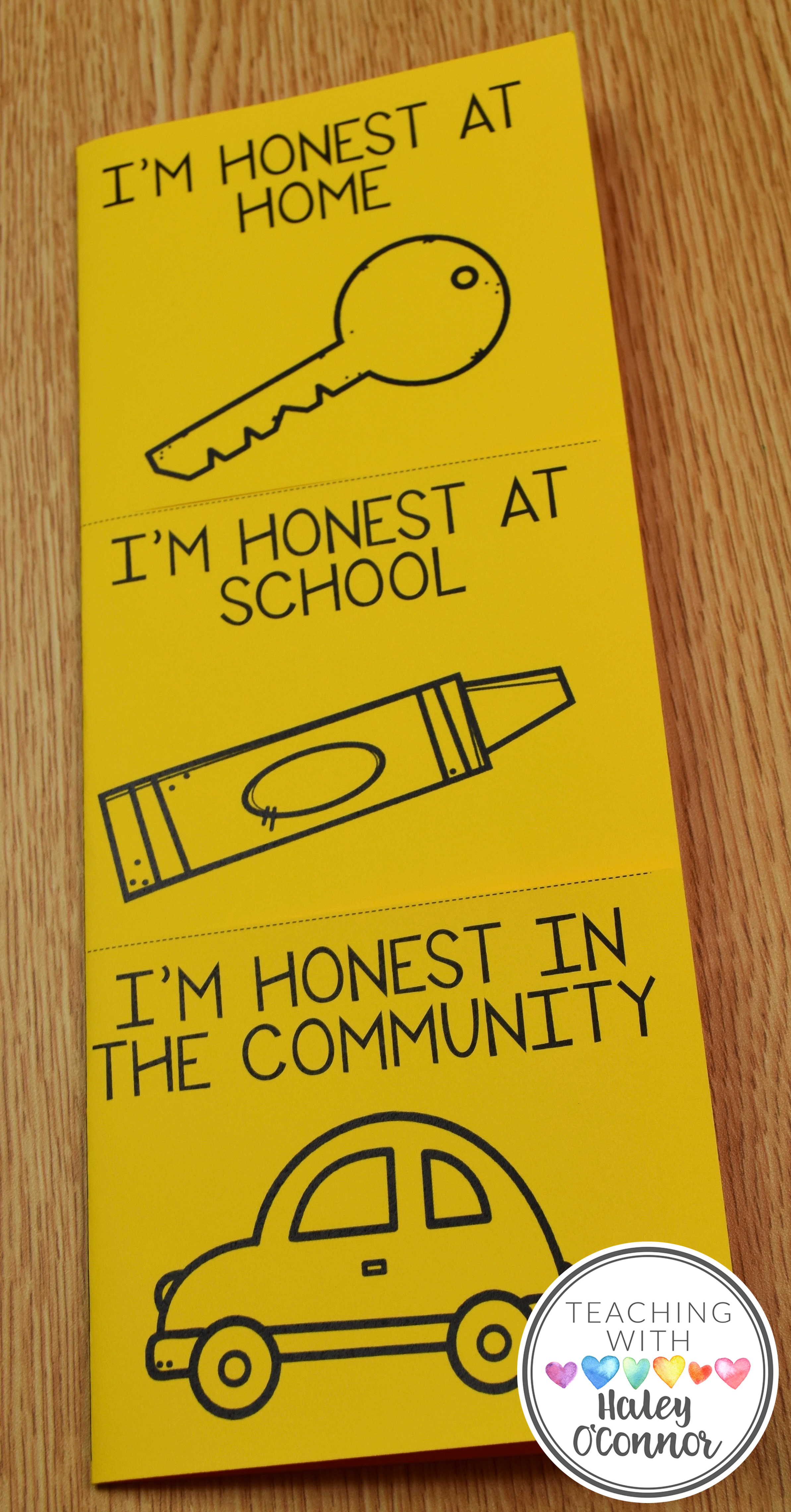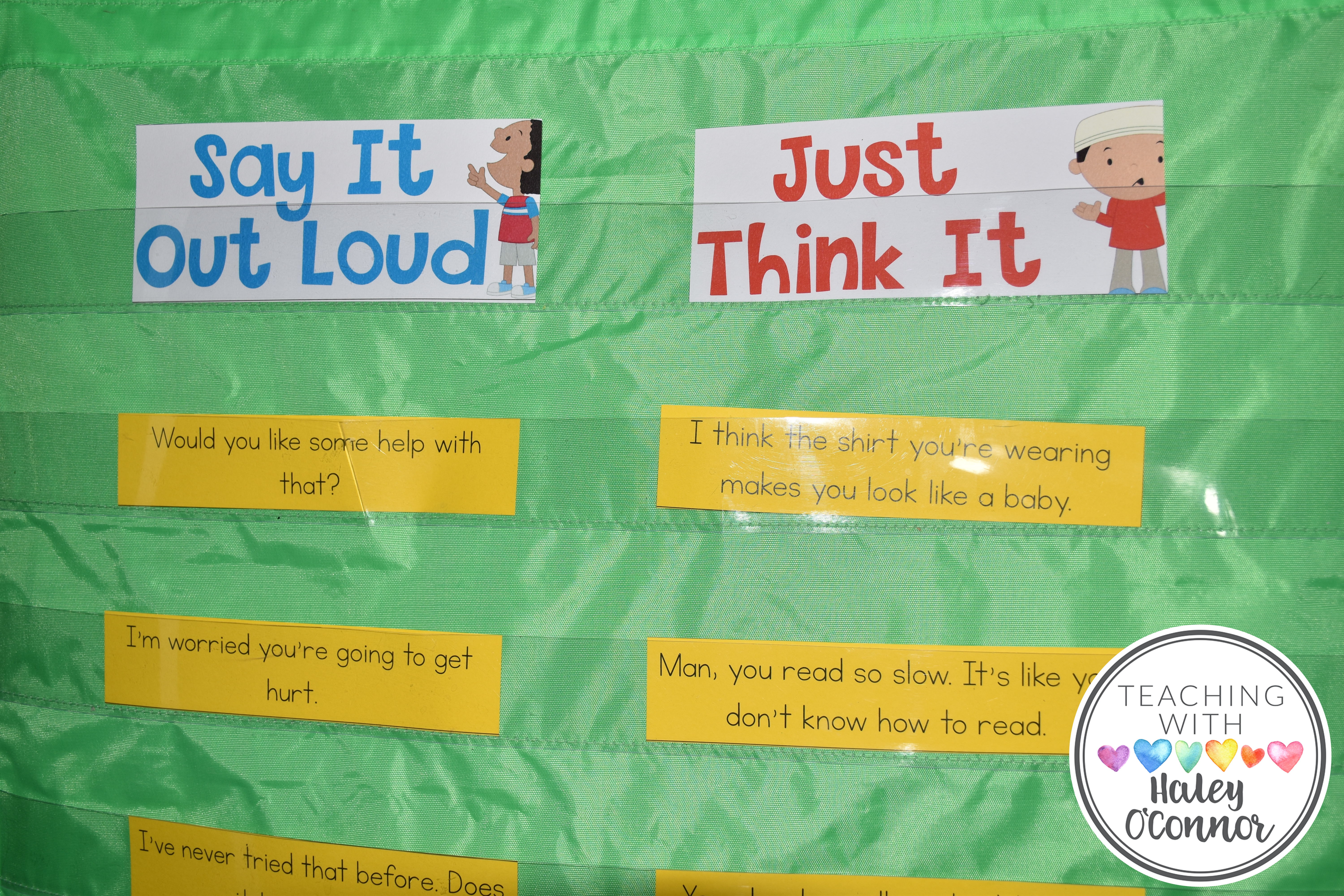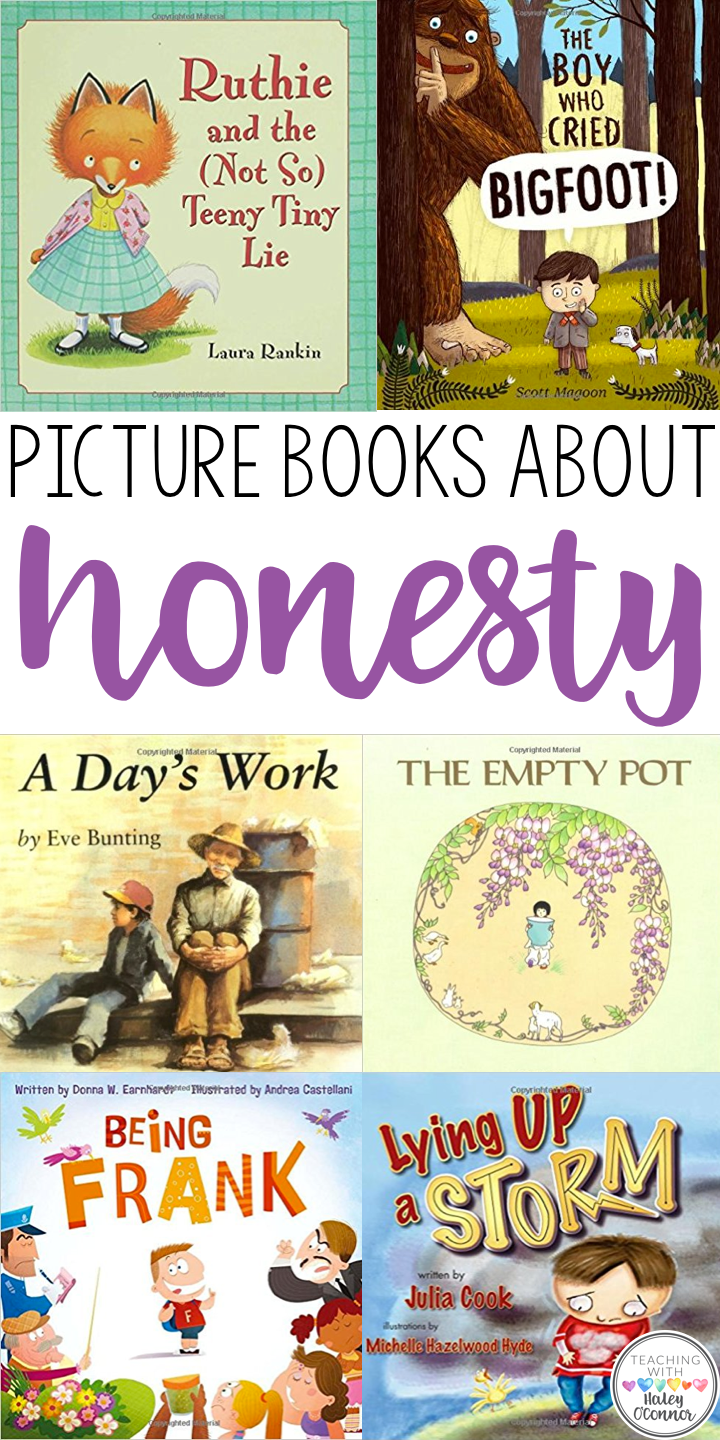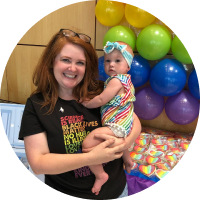Teaching Honesty in the Classroom
Have you ever had a student tell a lie to get out of trouble? Or tell a story to impress their friends? I think lying is something ALL children try out a time or two. Most of our students will have heard an adult say “be honest!” or “tell the truth.” Unfortunately though, most children have never had someone discuss the importance of being trustworthy…or the effects of being dishonest.
I am a firm believer that our students must understand the WHY behind whatever we are asking them…especially when it comes to their character and behavior. Ideally we will teach students about kindness and honesty in such a way that it sticks with them for many years. Not because they are afraid of getting in trouble, but because they understand WHY it’s so important.
I wanted to share a few simple ideas for discussing the importance of honesty and what it means to be trustworthy.
1. Peas and Candy
To prepare, buy a bag of frozen peas and place them in a ziploc bag (allow them to thaw). Then buy a bag of candy (ideally green but it can be anything.) Tell students you have some candy for them and pass it out. Allow students to eat their candy. Ideally someone will realize it’s not candy. Tell them you’re sorry…you were just teasing them. THEN pass out the candy. You should have one or two students that say they don’t believe you. Explain that because you lied to them once, it’s hard for them to trust you again. That’s just like in real life! When we lie (even to be funny) it’s hard for others to trust us again.
2. Real Life Examples
Another way to engage students in discussions about honesty is to have them think of times they were honest (or dishonest) at home, at school, and in the community. Anytime we can tie learning to their personal experiences, we’re helping them make deeper connections.

3. Discuss What Needs To Be Said
Anytime we discuss honesty, it’s important to discuss thinking about our words. We don’t want students to think “being honest” means they can walk around being rude to their friends. Some things need to be said and some don’t. Sorting different things we might say allows students to practice thinking before they speak.

4. Read-Alouds
Here are a list of my favorite read-alouds about honesty. You can find the affiliate links below. I am getting paid a small amount for recommending them, but they ARE my favorites and I would recommend them no matter what. 🙂

Ruthie and the (Not So) Tenny Tiny Lie by Laura Rankin
The Boy Who Cried Bigfoot by Scott Magoon
Being Frank by Donna M. Earnhardt
Lying Up A Story By Julia Cook
5. Videos
Here are some of my favorite videos for honesty!
Do you have other ideas for teaching honesty? I’d love to hear them! You can find these ideas and tons more in my Honesty curriculum! Click the image to learn more!

